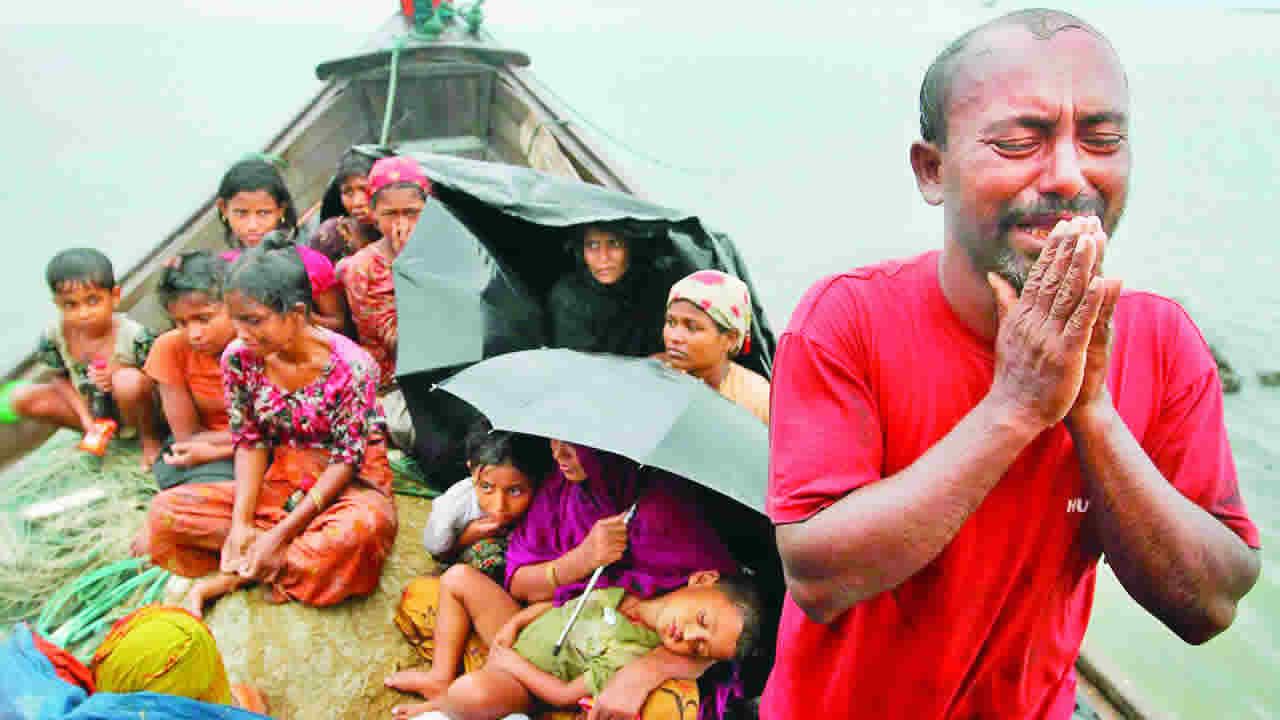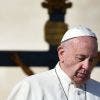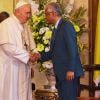
Over 5 years ago I wrote an article which was circulated widely on social media called “The Invisible Holocaust of 2012”, conveying the struggles of the Rohingya Muslim community in Burma (also known as Myanmar). Although I had another topic planned for this week, I feel that right now what is more important is raising awareness of what is happening to Burmese Muslims all over again in 2017, with what the UN has described as an ‘ethnic cleansing’ currently ravaging its way through their community. If you don’t know who the Rohingya refugees are or if you don’t know what is happening in Burma, today let me tell you…
Publicité
Who are the Rohingyas?
Surprisingly, the Rohingyas are one of the most persecuted communities in the world, if not the most – despite this, many of you reading probably haven’t ever even heard of them. The Rohingya Muslims came to the state of Arakan (which is now part of Burma) in the 8th Century from India and China, as well as being descendants of earlier Arab settlers, among others. Despite having lived in Burma for centuries, tensions with the majority Buddhist population have always caused discrimination and harassment, and they have always been under extreme scrutiny from the Burmese government.
In 1959, the Rohingyas (who make up 20% of the population) were finally recognised as a race with equal rights by the then Prime Minister; however, only three years later, that government was overthrown and since then the Rohingyas have not been recognised as citizens. Rohingyas are basically seen as Muslims from Bangladesh who have illegally migrated to Burma, although we know this is not the case.
Buddhist Monk Ashin Wirathu, who is said to have spread hatred against Rohingyas, has worsened the situation. This coupled with hardline Buddhist nationalists propagating fear amongst people by portraying Rohingyas as Muslim outsiders trying to “Islamise” Burma and take over the country, means that despite Buddhism’s emphasis on non-violence, Buddhist monks have carried out gruesome violence against the Rohingya Muslims of Burma.
Persecuted in their own home
Since 1978, Operation Naga Min was launched and through this, the Rohingyas were targeted and massacred; this led to over 250,000 Rohingyas fleeing to nearby Bangladesh where they became refugees. In 1982, the Burma Citizenship Law was enacted which lawfully did not recognise the Rohingyas as citizens – this meant that now over 800,000 Rohingya people were left stateless in the country they called home. It is fair to say from this point life became a living hell for these people; pushed to the margins of society and treated like scum, with human rights abuses against them becoming firmly entrenched into the social, political and economic systems of Burma. The Rohingyas are one of many ethnic minority groups in Burma but are treated differently because they look different, their language is different, their religion is different and because their traditions and culture are different. Persecution of the Rohingyas has and does take many forms, including:
• Detainment, torture, rape and murder
• No nationality means they don’t have even basic rights, so there is no freedom of movement, they have to obtain permission to be married, they are denied the right to work, to education and the freedom to practice their religious and cultural customs
• Taxation on marriage, birth and death registrations, livestock and even collecting firewood
• Slavery
• Land confiscation and forced evictions, and more…
2012
So the Rohingyas have been living like this for decades, and what hurts the most for me is that this divide has been created mainly due to religious beliefs. Buddhists and Muslims both believe in peace, so why is there no peace in Burma? In 2012, when I first became aware of the plight of the Rohingyas myself, two waves of violence had erupted between the Buddhist Rakhine community and the Muslim Rohingya community in Arakan. This devastated both communities, but it is fair to say that the Rohingyas suffered tremendously more; mass killings and torture took place and 135,000 Rohingyas were displaced. Five years ago, not even one large media outlet was reporting the violence in Burma, which is why I wrote my article back then and took to social media to spread awareness of the ‘invisible holocaust’ that was taking place, but that no one was talking about.
2017
Well, here we are again five years on and what is happening right now is quite possibly the darkest and most difficult time the Rohingya community has ever faced. On 25th August, the Burmese military launched a massive offensive against the Rohingya population of the Rakhine State and so far, at least 4,000 have been senselessly murdered; over 200,000 have crossed the border into Bangladesh as refugees and a further 20,000 are stuck in a No Mans Land between the two countries, with the Burmese military still relentlessly attacking them.
What is different this time however is that big media outlets are reporting it. Back in the UK, Channel 4, BBC, the Guardian and the Independent newspapers among others are all covering the genocide and calling it exactly what it is – a genocide. The stories emerging from Burma and nearby Bangladesh are absolutely horrific; the Rohingyas heartbreakingly speak of their homes being torched, their children being beheaded and losing entire families in just a few moments.
In all of this, Burma’s state counselor Aung San Suu Kyi, who is a Nobel Peace laureate (shocking!), has fallen pretty far in her global estimation – having once been seen as a moral icon, she is now standing by and watching as thousands of her fellow Burmese are persecuted and massacred because of their religion, while defending the government that are allowing this to happen. It seems there is no hope.
What can be done?
I know that the pressure needs to be put on all of our governments to step in and do something, but it’s all such a big political mess. The large governments of the world are either anti-Muslim, are in compliance with Burma, are silenced by trade deals or are training and funding the Burmese military. It’s the truth. So if I’m honest with you, I really don’t know what can actually be done to help solve the situation and prevent thousands more lives being innocently slaughtered - and it is overwhelmingly heartbreaking.
What I do know is that we can continue to spread awareness. We can pray. We can unite. We can continue to put pressure on the people that can bring about change.
Desmond Tutu once said, “If you are neutral in situations of injustice, you have chosen the side of the oppressor”. So let’s not be neutral. Let’s not be silent. Let’s do whatever we can, how little that may be – and maybe one day, we can live in a world without persecution, and only with peace.
Light & Love,
Sabah x
I must thank the fantastic organisation Restless Beings for their inspiring work with the Rohingya community for the last ten years. Visit www.restlessbeings.org to find out more about what they are doing to help the Rohingya and how you can get involved.
CONTACT
Facebook: /SabahIsmailOnline
Twitter: @SabahIsmail_
Instagram: @sabahgram_
www.sabah-ismail.com
Sabah is a 28-year-old British expat residing in Mauritius with her husband and two young children. She is a writer, artist and businesswoman with a positive outlook on life, believing deeply in the saying, “Be the change you wish to see in the world”. This is her space each week to share her thoughts on life and current issues, as well as inspiration and motivation for living a happier, more fulfilled life.

Notre service WhatsApp. Vous êtes témoins d`un événement d`actualité ou d`une scène insolite? Envoyez-nous vos photos ou vidéos sur le 5 259 82 00 !





















